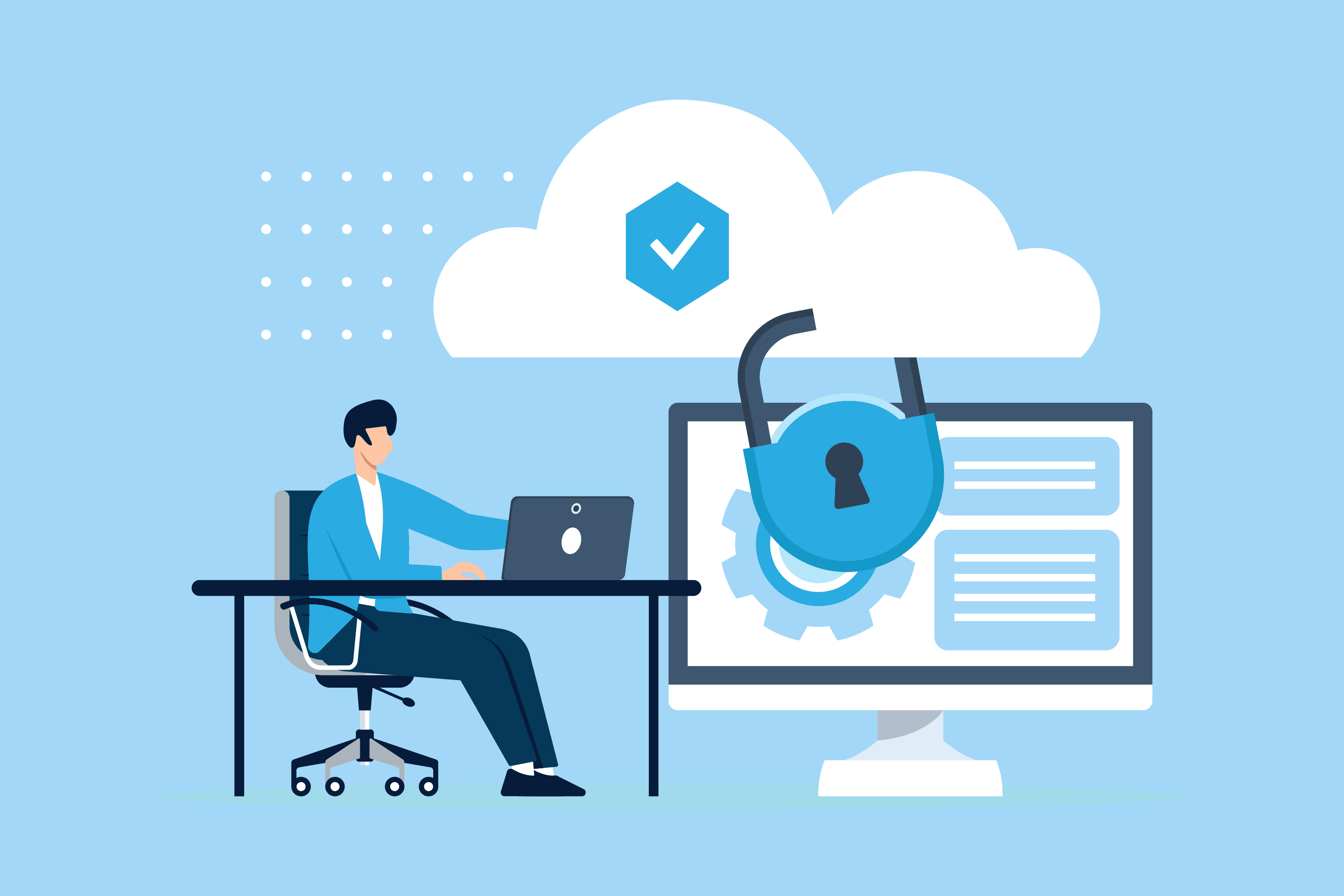Protect Your Business from Common Fraud Threats
Article details provided by Melissa Walker, VP, Retail Operations and Security

Melissa Walker
VP, Retail Operations Manager
NMLS #579130

Fraud is a growing concern for businesses of all sizes. While large corporations often have dedicated security teams in place, small businesses may not have the resources to adequately protect themselves.
Melissa Walker, VP of Retail Operations & Security at Croghan Colonial Bank, offers valuable insights on common scams affecting businesses today—and how to protect your organization.
How Fraudulent Scams Affect Small Businesses
Scammers are always on the lookout for new ways to trick businesses into giving up sensitive information or transferring money. One of the most prevalent threats is Business Email Compromise (BEC), where scammers pose as legitimate vendors or business partners to request payments or change payment details.
These emails often appear authentic, using familiar logos or even past email threads, making them difficult to identify.
“Scammers are becoming more sophisticated, and their tactics are more convincing than ever. They understand the pressure that businesses face, and they exploit that,” says Melissa Walker. “What might seem like a routine business transaction can quickly turn into a costly mistake if you’re not careful.”
Key Stat
The Federal Bureau of Investigation (FBI) has issued a warning to businesses about business email compromise (BEC) scams, which have resulted in losses of almost $55.5 billion over the past decade.
Red Flags to Watch For:
- Unusual payment requests
- Urgent language or threats
- Slight changes in email addresses (e.g., missing or extra characters)
- Requests for uncommon payment methods (gift cards, wire transfers, cryptocurrency)
Proactive Measures for Businesses
- Implement Multi-Factor Authentication: Secure your email accounts with added layers of protection.
- Keep Systems Updated: Ensure software and security patches are current to prevent vulnerabilities.
- Educate Your Employees: Train staff regularly on how to spot phishing attempts and other scams.
- Verify Vendor Changes: Always confirm changes to payment details via a trusted phone number or official channel.
What to Do if You Fall Victim to a Scam
If your business has been targeted, time is of the essence. Report the incident immediately to law enforcement and file a complaint with the FBI’s Internet Crime Complaint Center (IC3.gov). Notify your bank and any affected customers or partners to prevent further damage.
“Once the funds are transferred, it’s difficult to recover them. The best defense is prevention,” says Melissa. “Always double-check payment instructions and never act on unsolicited requests.”
By staying informed, implementing security measures, and training your team, you can minimize the risk of falling victim to fraud and protect your business from significant losses.